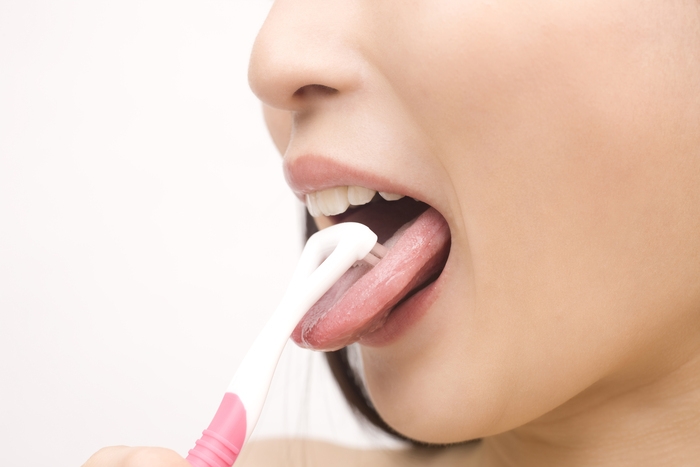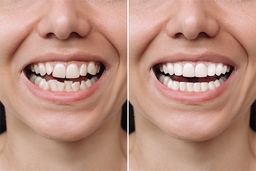Let's Say Goodbye to Plaque and Tartar

Accumulated plaque and tartar will cause bad breath. Don't let this happen to you! Let's find out when the right time is to clean them out of your teeth.
Having healthy teeth is undoubtedly enjoyable; you can eat whatever you want without being concerned about pain. Cleaning your teeth regularly is one way to keep them healthy. Clean teeth are advantageous not only to oral health but also to overall wellness.
Poor dental health can lead to a variety of other health issues, including heart disease, diabetes, lung disease, cancer, and stroke. Keeping your teeth and gums clean will keep you healthy and help you avoid painful cavities.
Plaque vs. tartar
The mouth, like other parts of the body, is full of harmless bacteria. This bacteria, however, will combine with proteins and certain sugary foods or drinks to generate a sticky film called plaque.
Plaque is colorless and adheres to the teeth. Plaque and tartar can harm dental and oral health by causing bad breath owing to bacterial buildup, damaging tooth enamel, and causing pain and gum damage.
Plaque will harden and turn into tartar if not cleaned soon. Plaque cleaning time is quite limited before it ultimately hardens, precisely 48 hours or two days after it forms. Tartar becomes difficult to remove once it hardens, even with regular brushing.
Tartar typically accumulates beneath the gum line, causing swelling. It is usually yellowish when it first emerges. The hue can alter over time according to the meals we commonly consume. For example, it will turn brown when we drink a lot of coffee, tea, or smoke.
Tartar builds up if it is not removed, and it can only be removed by scaling once every 6 months, or more frequently if you have gum disease.
Maintain good dental hygiene
Taking care of your teeth throughout your life is the best method to maintain a healthy mouth. Even if you have healthy teeth, it is critical to take regular preventive actions to keep them healthy and avoid dental problems.
Cleaning our teeth on a regular basis not only preserves oral health and hygiene, but it also helps keep our breath fresh, prevents bad breath, and keeps our teeth white and gleaming.
The following everyday habits will help you keep healthy teeth and mouths:
1. Regularly brush the teeth before bed

Brushing your teeth before going to bed helps remove plaque and germs that have accumulated over the day. Brush your teeth for two minutes at least twice a day with fluoride toothpaste.
To avoid injuring the gums, clean the whole surface of each tooth with a soft-bristled toothbrush.
2. Pay attention to how you wash your teeth

The manner in which you brush your teeth determines their cleanliness. To eliminate plaque, use gentle circular strokes with the toothbrush.
The residual plaque will build up and eventually harden, causing gum disease (gingivitis). Renew your toothbrush every 3–4 months.
3. Don't ignore the tongue

Plaque can also form on the tongue. This accumulation can lead to foul breath. Brush your tongue gently after brushing your teeth.
4. Floss your teeth once a day

Brushing the teeth removes only 40% of tartar. Dental floss can be used to clean plaque between teeth. Flossing is more effective at cleaning between teeth and below the gum line. Flossing is best done after eating.
5. Mouthwash

After eating, rinse your mouth with mouthwash. Choose a fluoride-containing mouthwash. If you have tartar problems, ask your dentist to recommend an antimicrobial mouthwash.
6. Consume no sweet foods

Have your teeth ever felt rough? If so, you may have plaque on your teeth. Plaque loves sugar and uses it to make acid, which causes cavities.
Sugar and starch-rich foods promote the growth of germs in the mouth.
Choosing healthy foods, such as raw fruits and vegetables, not only offers the body a variety of nutrients but also helps clean teeth during chewing due to their high fiber content.
7. Check your teeth regularly

Visit the dentist every six months. This will ensure that your teeth are in good condition and that no problems arise. Professional checkups can aid in the prevention of tooth decay and gum disease.
You can achieve optimal oral and dental health by practicing good oral hygiene and visiting the dentist regularly.



